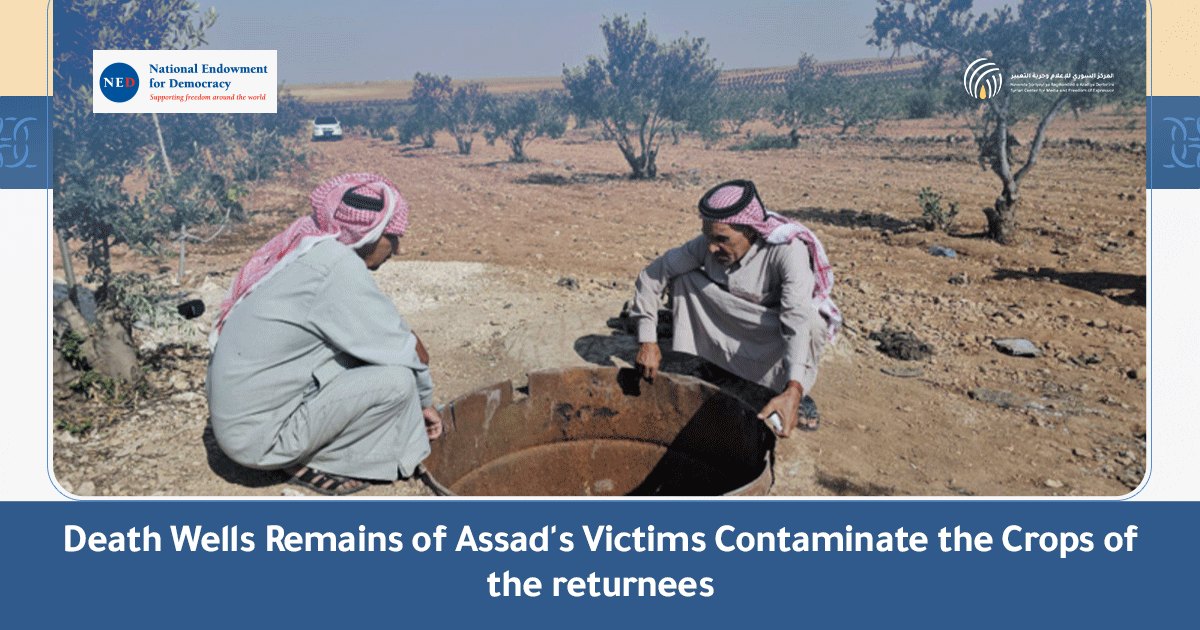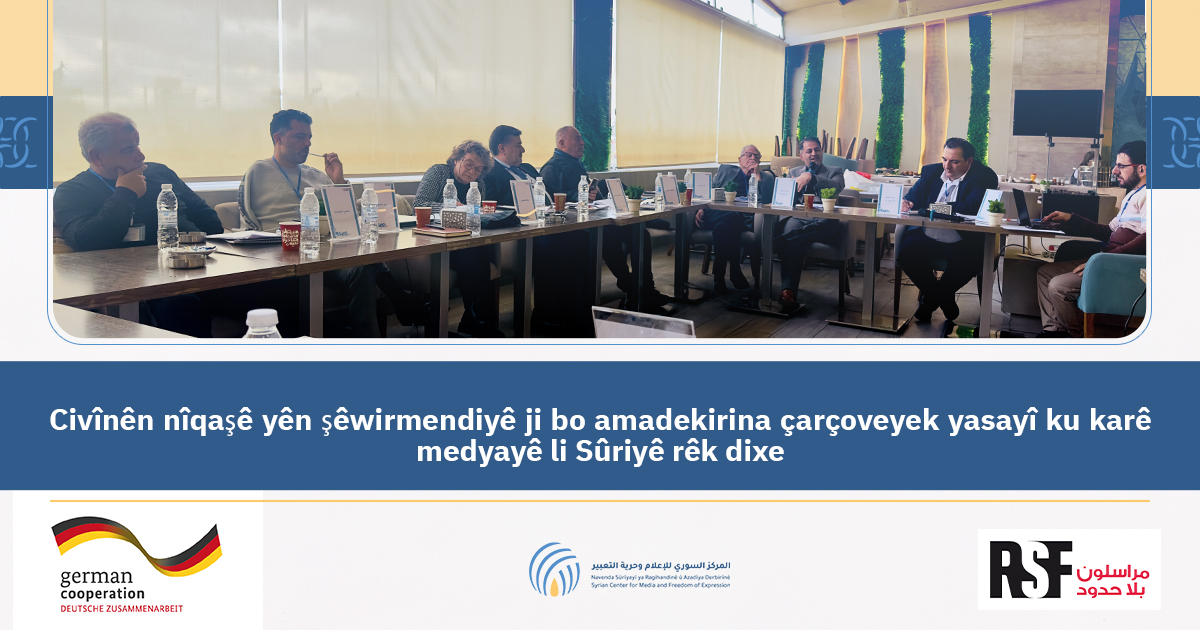Author: Yazan Badran
If you have been following the so-called Arab spring you have also probably read an article asking whether Facebook was behind it all. In Washington, in New York, in London and around the world, technologists and sociologists, web developers and foreign policy wonks have deliberated and debated the role of social media in bringing about these momentous events.
What you probably have not read about though is the history of the painstaking online activism that paved the way for the revolutions that toppled dictators. To hear that story, you needed to be in Tunis this week, where a group of leading bloggers from more than 20 countries across the Middle East and beyond were gathering for the first time since the revolutions began.
There isno doubting the Third Arab Bloggers Meeting was a special event. This was not a conference about the revolutionaries; this was a conference for those very revolutionaries. And more notably, it was the first time we were able to speak publicly and freely in an Arab capital.
Three years ago, in 2008, the first Arab Bloggers Meeting brought together members of the diverse and widespread Arab blogosphere. Many of the bloggers at this year is meeting were in Beirut three years ago for that first event, and remember a very different kind of meeting. Whereas we met this week in jubilation, with our cameras on throughout, that first meeting was private, small and low-key.
Almost a full year after the first protests broke out here in Tunis, they continue to shake the Arab world. We meet now with a completely different set of experiences, and a completely different list of priorities. What has, in Egypt and Tunisia, become reality, and is elsewhere ongoing, was nothing more than aspiration at our first meeting: bloggers talked tactics, laying the groundwork for the revolutions to come.
In 2008, nobody could anticipate these monumental changes that were to sweep across the region two years later. Back then these challenges and our role in overcoming them were very familiar. We had grown up with them; we struggled to organise, to co-ordinate across diverse groups, and to circumvent the dire conditions of censorship and persecution as the first steps to bring about needed changes. The discussions, general and mostly speculative in nature, were about possibilities rather than concrete plans.
But as we sit here and discuss the success stories from around the Arab world, and contemplate how we can contribute this expertise towards the benefit of others still struggling, we have also come to realise that this is only the beginning.
The challenges facing each country in the post-revolution Arab world will be complex, but not dissimilar, whether in Syria – where the revolution is yet to find its final conclusion – or in Tunisia, where elections will take place in just two short weeks, and our roles as bloggers in the coming process of nation-building will have to be adapted to these new realities.
New spheres of expression, long closed and forbidden to us, are now open. Reclaiming, defending and efficiently utilising these spaces to debate and promote our visions of the new Arab world will be our most immediate task. Also vital to our upcoming challenges is establishing a culture of openness and transparency, something that will require us to overcome years of forced secrecy and anonymity in the Arab world.
We are hopeful that when we leave Tunis and go back to our respective bases, we will bring with us not only the sense of solidarity and comradeship that we have seen in every corner of the Arab world, but also a workable vision that we can all set upon.
• This article was jointly commissioned by Global Voices and Meedan.
http://www.guardian.co.uk/commentisfree/2011/oct/08/arab-bloggers-meeting




